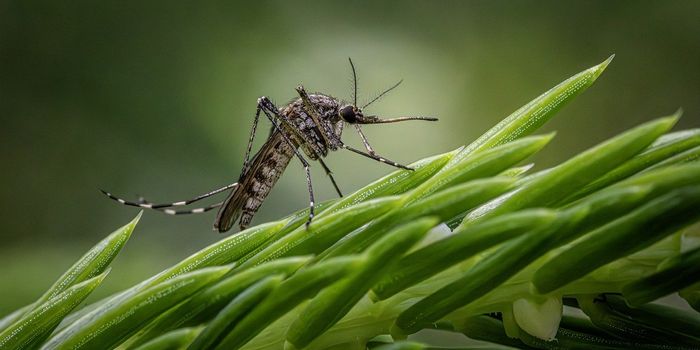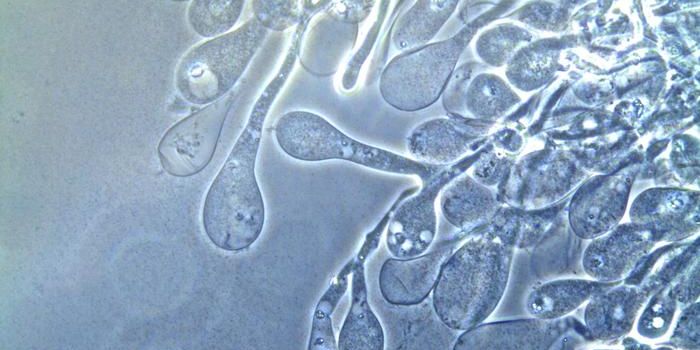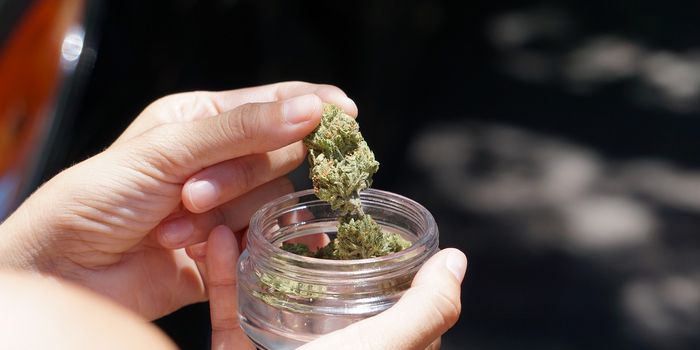Friendly Gut Bacteria Can Help Eliminate Pathogens
Probiotics play an important role in our gut health. They essentially impact the make-up of bacteria in our gut, which can help ensure that the balance between good and bad bacteria stays tipped towards good bacteria. This can help prevent infections and inflammation of the gut.
New research shows how helpful probiotic bacteria in our guts can actually help fight off certain types of pathogens by outcompeting them for necessary and available resources. The research is published in Cell Host & Microbe.
What makes many types of bacteria and microbes unique is their ability to function anaerobically—that is, without oxygen. Because of this unique capability, they can thrive in many types of environments, using resources and nutrients other than oxygen to survive and replicate.
One such resource that certain microbes can make use of is nitrate present in the gut (nitrate is also a compound found in many types of food). So, researchers decided to focus on how different microbes consume nitrate in the gut. Specifically, they looked at two different bacterial strains in the study: a healthy, friendly strain of E. coli, and a strain of unfriendly Salmonella.
The most interesting finding from the study was that the E. coli and Salmonella strains each got nitrates from similar and different sources, with the good E. coli strain outcompeting. Specifically, Salmonella got nitrates only from certain immune system cells that can be triggered after someone has been infected with Salmonella. On the other hand, the E. coli strain was able to get nitrates from these immune system cells and from epithelial cells that line the gut. This means that these healthy microbes were able to consume more available nitrate, essentially out-eating the harmful Salmonella bacteria.
Researchers also found a possible reason why E. coli could get nitrates from both sources and Salmonella from only one source. It turns out, Salmonella microbes have specific sensors on their exteriors that guide them specifically towards the nitrate-producing immune cells. E. coli microbes don’t have this type of sensor, allowing them to draw nitrate from both sources.
Researchers believe their research sheds more light on how probiotics work and how they could be designed in the future to treat disease.
Sources: Phys.org; Cell Host & Microbe








